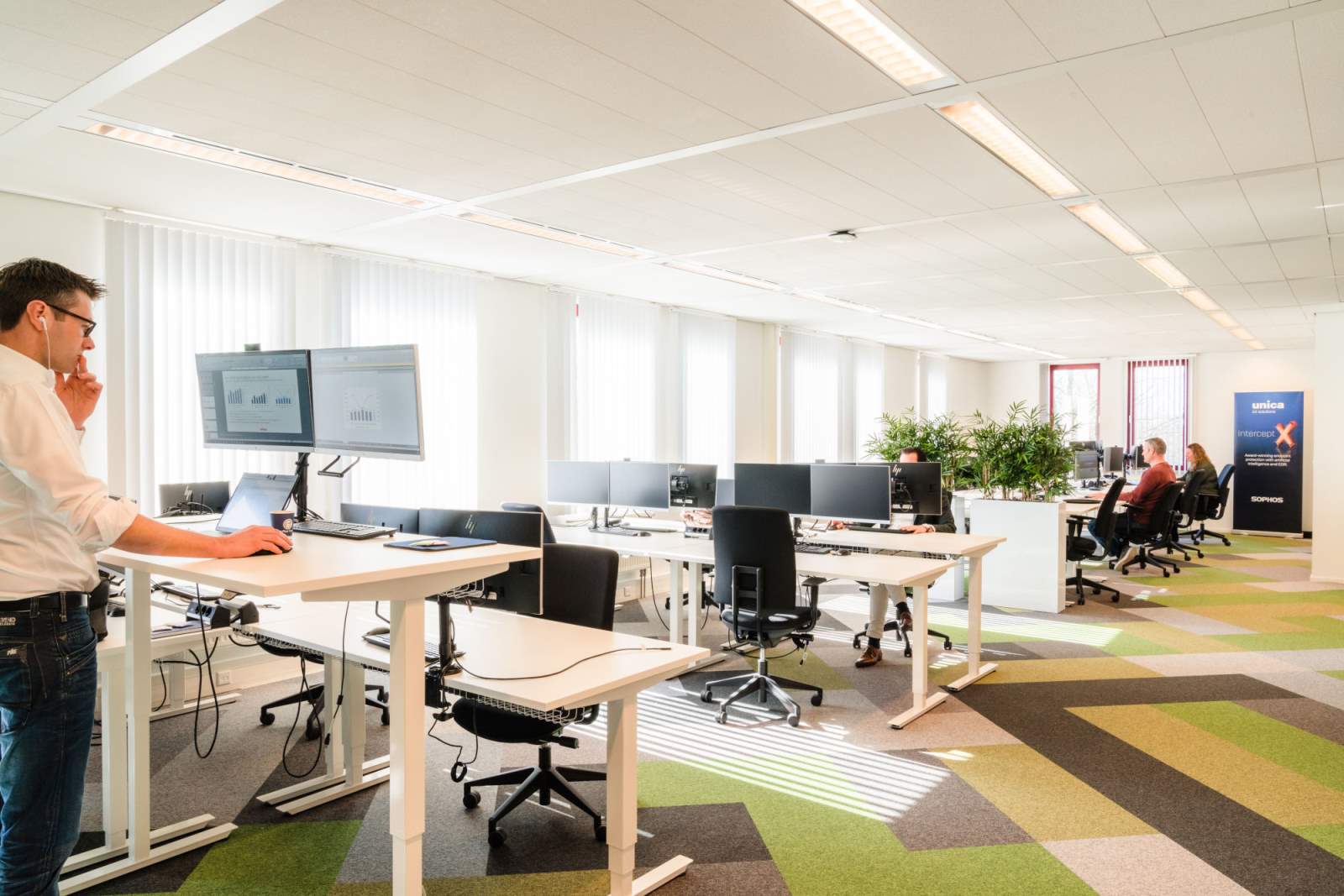Strategy
Following a year of economic contraction due to the COVID-19 crisis, the Dutch economy achieved almost a complete recovery in 2021. Whereas the company shrank in 2020 by 3.8%, economic growth in 2021 amounted to an average of 3.9%. This recovery is expected to continue into 2022, with a growth prediction of 3.5% (source: Netherlands Bureau for Economic Policy Analysis (CPB)). The development of growth in technical services and construction is due to follow a similar trend, with the outlook for management and maintenance work and transformation projects even more favourable, with expected annual growth of 5%.
The sectors in which Unica operates faces two primary macro-economic challenges: the shortage of personnel and obstacles in the supply and distribution chain. Unemployment in the Netherlands is at a historically low level, at just 2.7% of the working population in November 2021 (Source: Statistics Netherlands (CBS). The only time unemployment rates were lower was in the early nineteen seventies. The tight labour market remains one of the greatest challenges for Dutch industry in general, and engineering in particular, and is an area on which Unica continues to focus its recruitment strategy.
In addition, the supply and distribution chain were severely disrupted by the COVID-19 crisis. The combination of globalised distribution chains, shortage of qualified workers, political unrest and material shortages have had a major impact on the supply chain. For example, chip shortages mean that in certain sectors production necessarily had to be scaled back. Unica has also been affected by longer delivery times, for example for electrical charging stations. In close consultation with our clients, the consequences on order completion have been kept to a minimum.
The exponential rise in gas and energy prices is also affecting many organisations. Due to the COVID-19 and oil crises, energy prices hit a historical low in 2020. The recovery in 2021 then led to a huge rise in demand on a market where the supply side had declined. With the political and social agenda now focused fully on the energy transition, the necessity to take strategic decisions in the field of sustainability is set to grow. With its in-depth knowledge of the energy market, sustainability concepts and financing models, Unica can deliver a range of services to its clients that can help remove their concerns, resulting in huge further growth potential. In particular the expertise of Hellemans Consultancy, responsible for purchasing energy for 12% of the commercial market in the Netherlands, gives Unica a solid position in advising its clients on strategic energy issues.

In addition to these strategic choices in respect of the energy transition, the office environment is also expected to change in the post-COVID-19 world. Many knowledge organisations have been working from home to a large extent for almost two years, and the resultant productivity rates and home/work balance have for the most part been perceived as positive. The outcome may be an office environment with a different layout, with fewer workstations and more inspiring meeting places. With the range of services it provides, Unica is perfectly positioned to make a contribution to changing building functions.